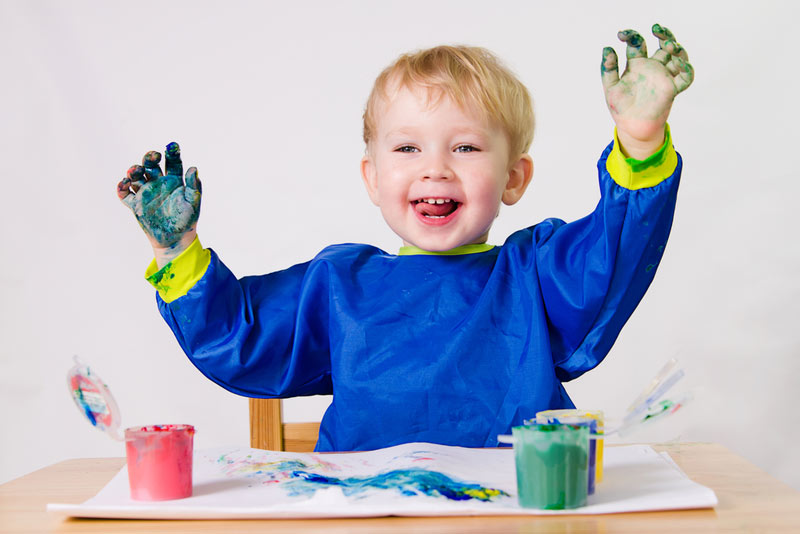Some Preteens Remember Being 2

Most adults suffer from childhood amnesia, unable to remember infancy or toddlerhood. That's what scientists thought. But a new study indicates that even six years after the fact, a small percentage of tots as young as 2 can recall a unique event.
"We are interested in looking at young children's memory because of what it can tell us about memory in general," study researcher Fiona Jack, of the University of Otago, in New Zealand, told LiveScience. "Most of us can't recall anything about infancy, it's only at about 3- or 4-years of age we can start to remember."
There are plenty of anecdotal cases of very early memories, but hard evidence of unperturbed long-held early childhood memories are hard to come by — most memories from infancy are big life events, ones that would be discussed in detail long after the fact. These long-after-the-fact discussions probably strengthened and warped the natural memory.
"There will be some people who claim to remember things from 8- or 12-months old," Jack said. "It's really difficult to know for any given person if that is a genuine memory, or is it partly due to reconstruction through the stories your parents have told and pictures of the event."
Magic Shrinking Box
The researchers devised a "magical" contraption to catch the attention of children in their study, called the Magic Shrinking Box. The kids put a toy in the top, cranked a lever and a mini version of the toy popped out at the bottom, with an accompaniment of sounds and lights. The researchers trained 46 of their 27-to-51-month-old participants for two days in a row, showing them how to use the machine.
On the third day the kids were asked about the box, how to use it, if they remembered it. This day-three interview was repeated six years later, when the kids were around 10 to 12. Before mentioning the words "Magic Shrinking Box" the researchers first showed the kids a medal they received after participating, asking if they remembered why they got it. Their parents were also interviewed at that time.
Sign up for the Live Science daily newsletter now
Get the world’s most fascinating discoveries delivered straight to your inbox.
Only about a fifth of the children were able to recall the Magic Shrinking Box six years after playing with it, but interestingly this wasn't stratified by age, the researchers said. Even two of the youngest kids, who were under 3-years-old at the time they were engaged with the machine, were able to remember. Half of the adults remembered the game and how it worked.
Making early memories
The researchers then looked to see if any personality characteristics stood out amongst those kids who did remember. They looked at things like language skills and their general memory abilities. The researchers didn't find any indications that any particular personality trait impacted which kids remembered.
What they did see from the parent interviews was that kids who remembered had spent lots of time, from days to weeks, talking about the box after the researchers left. One even awaited the researchers' return with a vigil by the front door. This indicates that talking about the event shortly after it occurred may have helped to preserve it in the children's memories.
We did find that on average, children who remembered the events six years later talked about it more when it happened," Jack told LiveScience. "Actively engaging in conversation could have helped memory development in general and about this particular event."
The study was published today (Dec. 22) in the journal Child Development.
You can follow LiveScience staff writer Jennifer Welsh on Twitter @microbelover. Follow LiveScience for the latest in science news and discoveries on Twitter @livescience and on Facebook.
Jennifer Welsh is a Connecticut-based science writer and editor and a regular contributor to Live Science. She also has several years of bench work in cancer research and anti-viral drug discovery under her belt. She has previously written for Science News, VerywellHealth, The Scientist, Discover Magazine, WIRED Science, and Business Insider.










